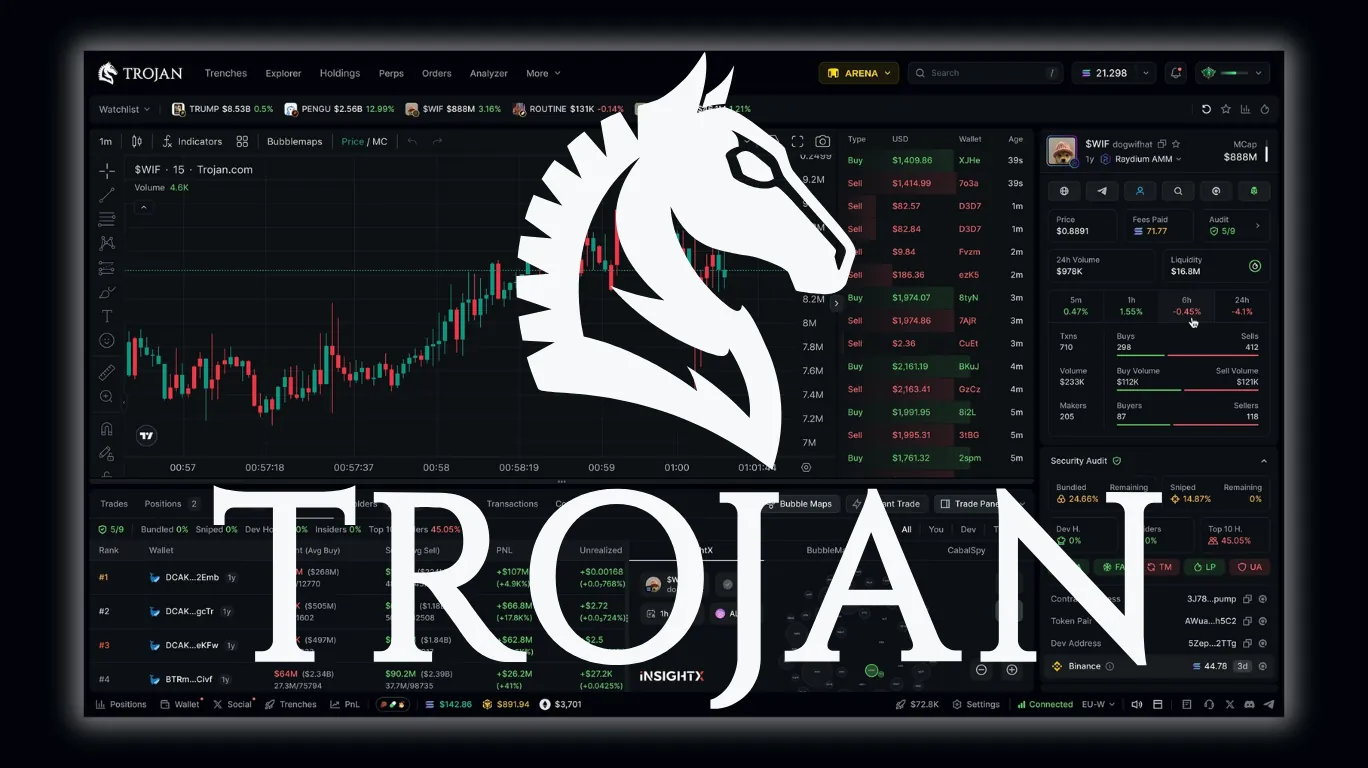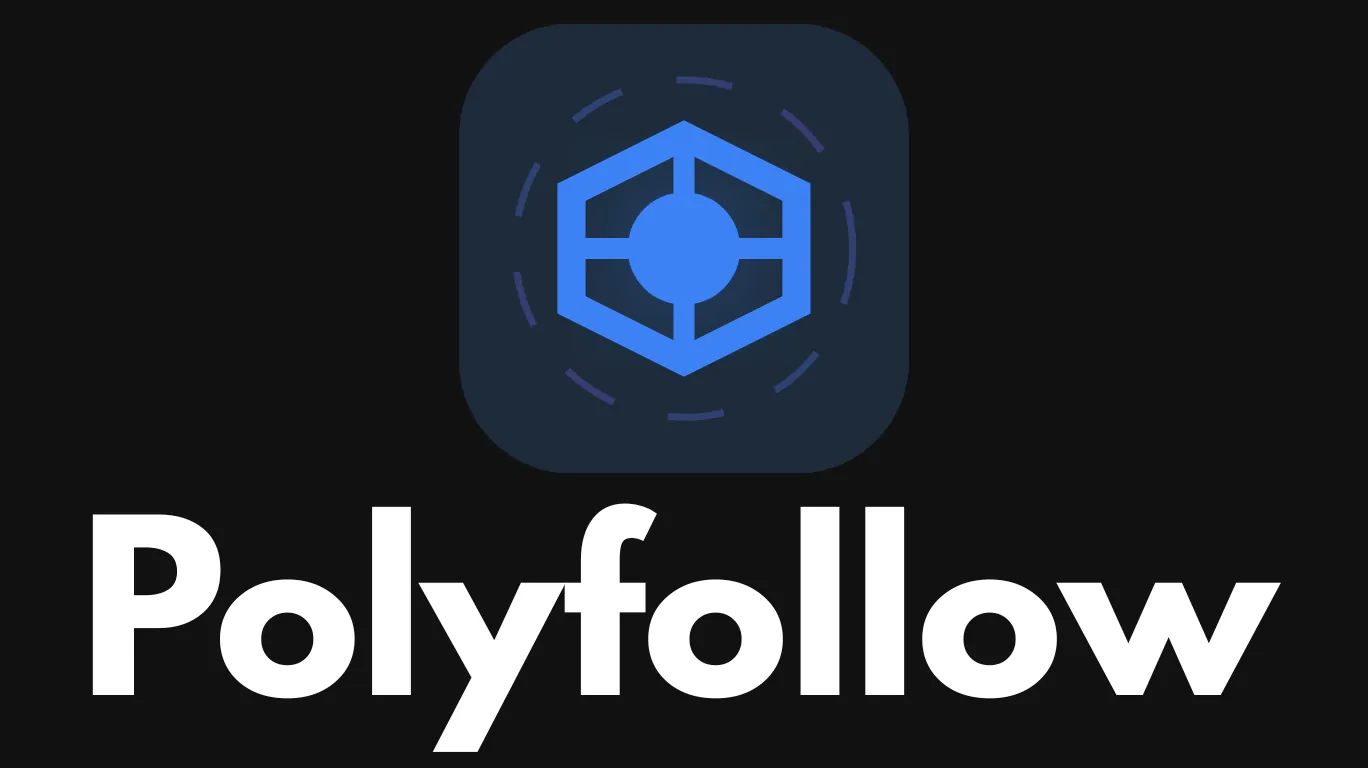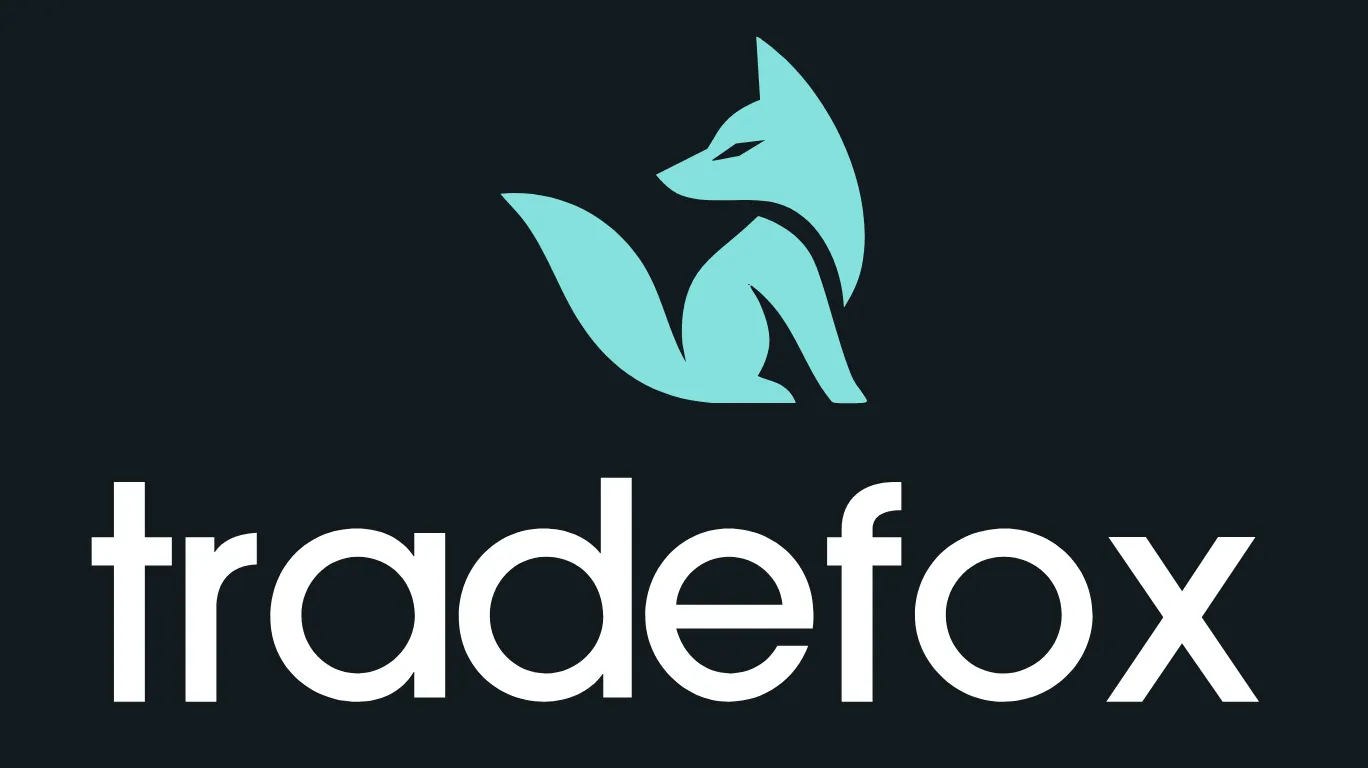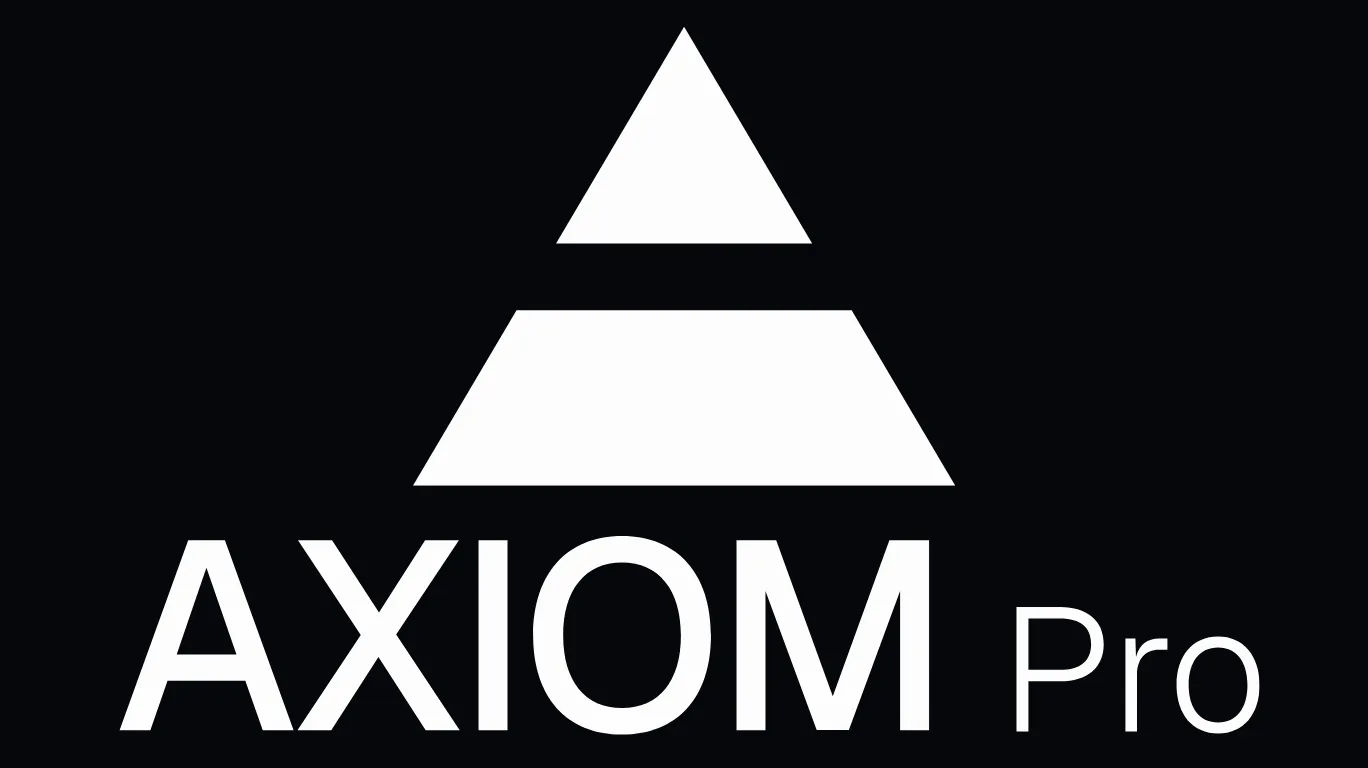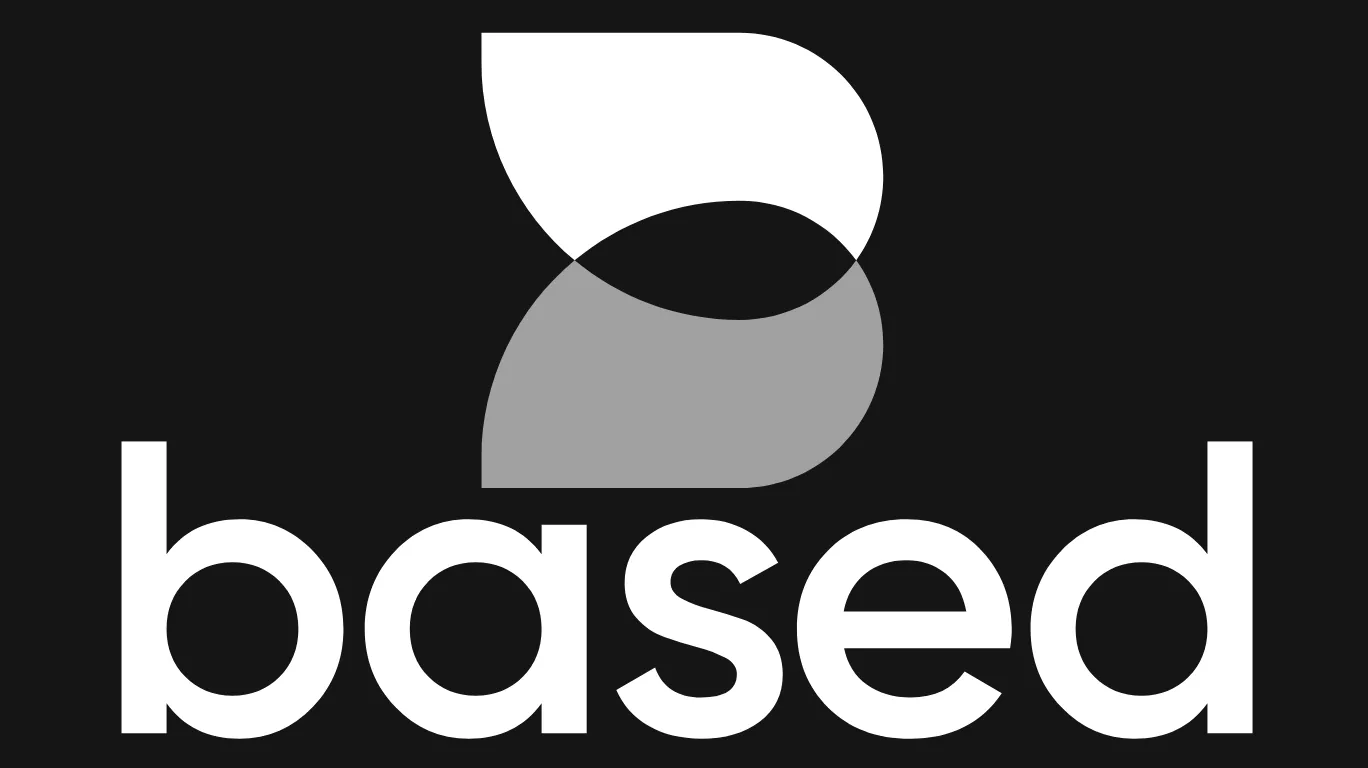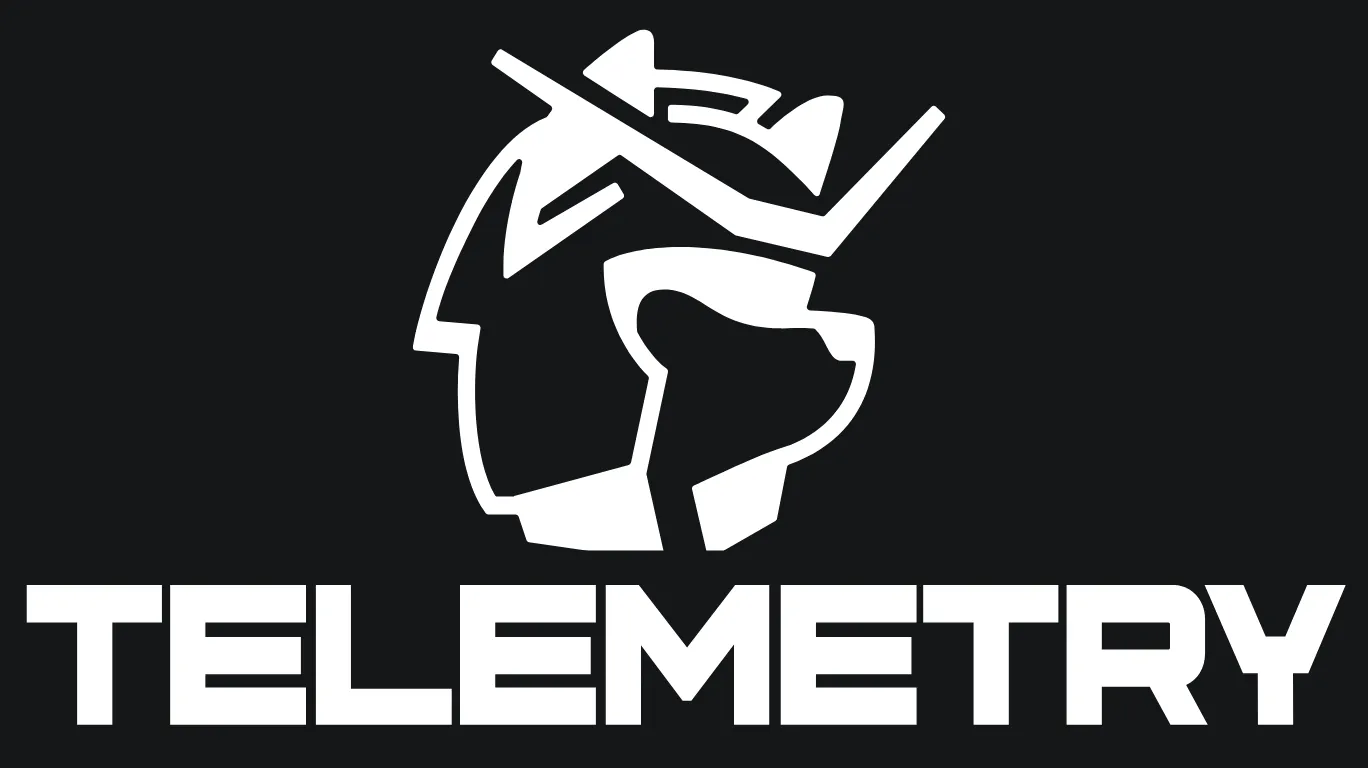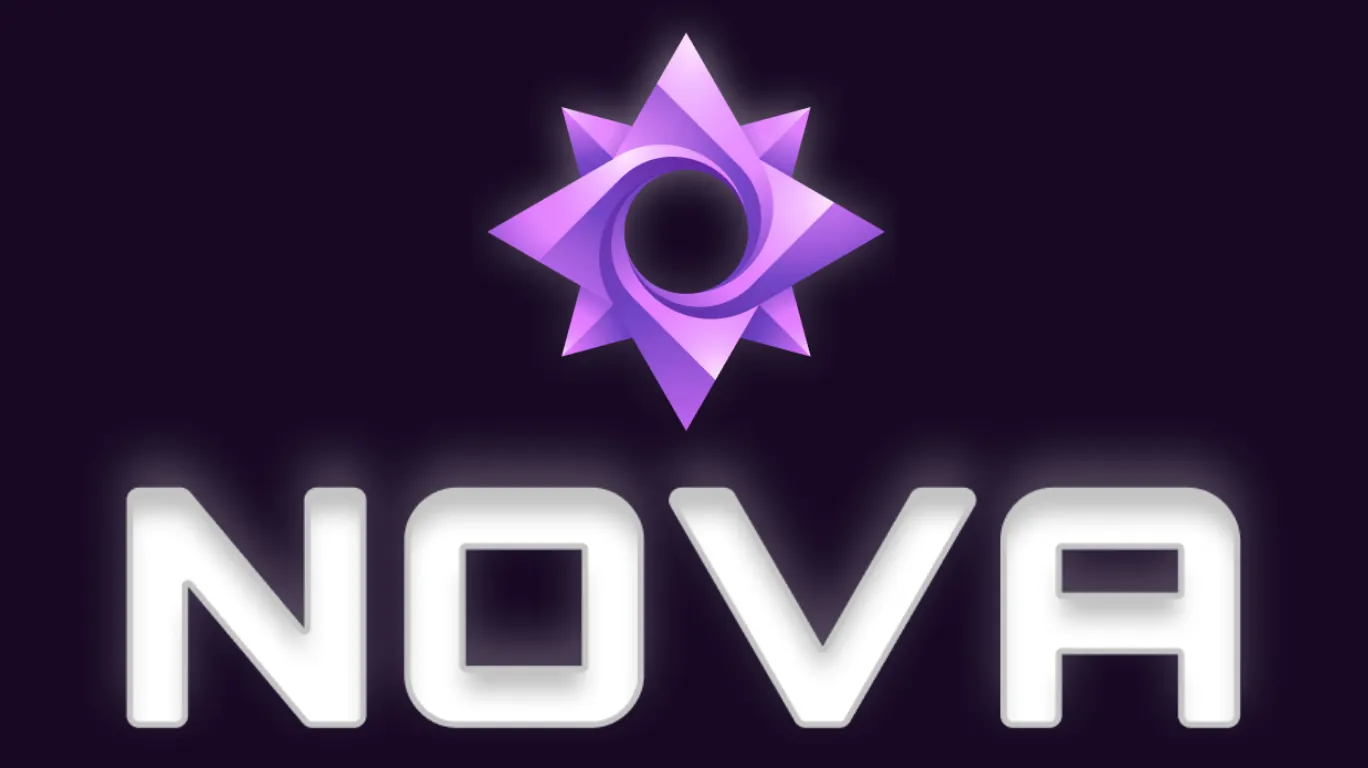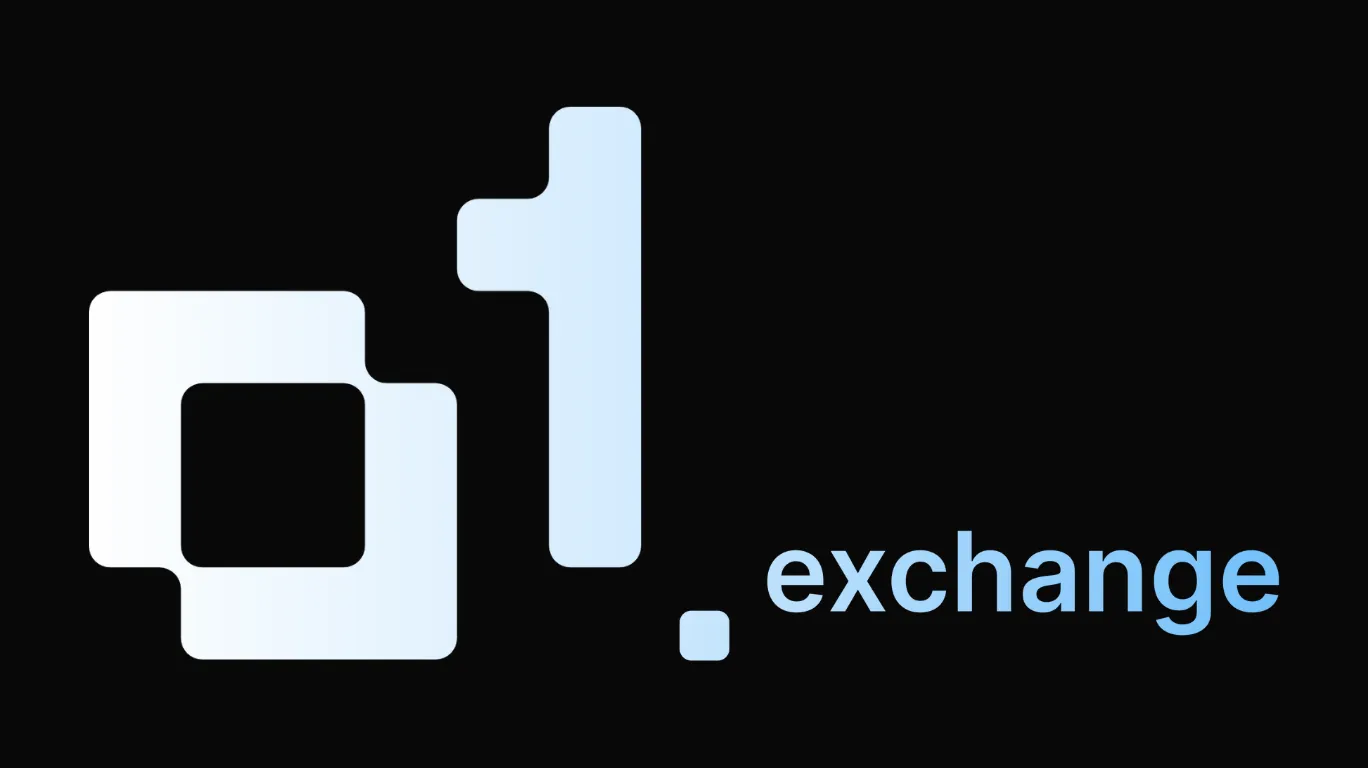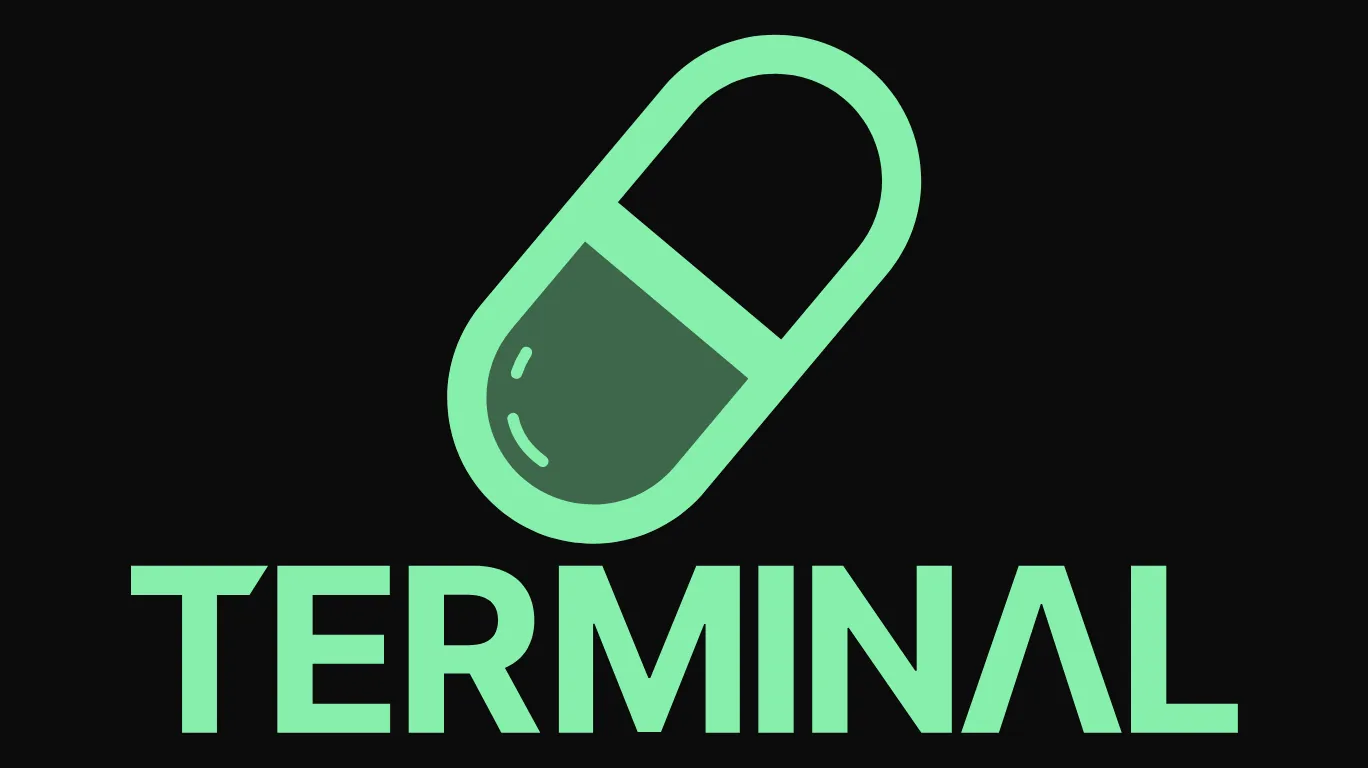Best Trading Terminals
Top Rated Terminals
Trojan Terminal Review (2026) | Solana Memecoin Trading Terminal with The Arena
Trade Solana memecoins with speed and precision. Trojan Terminal offers advanced charting, copy trading, and up to 45% cashback rewards through The Arena loyalty program.
Key Features
- Lightning-fast execution with native Solana integration (milliseconds)
- Up to 45% cashback on trading fees through The Arena ranking system
- 5-layer deep referral system earning up to 50% revenue share
Polyfollow Review (2026) | Copy Trade Polymarket Whales Automatically
Automatically copy the trades of top Polymarket whales. Track profitable traders, mirror their positions, and earn from prediction markets without the research. Zero gas fees with smart account abstraction.
Key Features
- Copy unlimited top Polymarket traders simultaneously
- Zero gas fees - all transactions sponsored by Polyfollow
- Real-time trade mirroring with fast execution
TradeFox Review (2026) | Prediction Markets Terminal with Polymarket & Kalshi
Trade prediction markets with leverage and advanced order execution. TradeFox aggregates Polymarket, Kalshi & more in one pro terminal. Alliance DAO-backed platform.
Key Features
- First true aggregator for prediction markets (Polymarket, Kalshi & more)
- Advanced order types including leverage and prime brokerage features
- Competitive fees (0.75%-0.95%) with 5-25% cashback rewards system
Axiom Trade Review (2026) | Copy Trading: 50% Market Share
Spending 6 hours daily researching Solana tokens? Axiom Trade: copy profitable wallets automatically. 50% market share, Y Combinator-backed. Stop researching, start winning.
Key Features
- 50% market share in copy trading - most trusted platform
- Y Combinator-backed with institutional credibility
- Win rate improved from 28% to 51% using copy trading
Based Review (2026) | Hyperliquid Terminal: Fees & Features
Trade Hyperliquid from anywhere? Based handles $8B+ volume across web, mobile & Telegram. TWAP orders, 76% affiliate payouts, zero gas. Your keys, your crypto.
Key Features
- True omnichannel: trade across web, mobile, desktop & Telegram with one wallet
- Advanced order types: TWAP, scaling, privacy orders, trailing stops
- 76% affiliate program - highest in the industry
Bonkbot Telemetry Review (2026) | Tracks 800 Whale Wallets
Chasing Solana whales manually? Bonkbot tracks 800 wallets with instant alerts. $10.1B volume, 452K users, web + mobile + Telegram synced. Stop guessing, start following.
Key Features
- Tracks 800+ verified whale wallets with instant buy/sell alerts
- Cross-platform sync: web, mobile, Telegram with single wallet
- Backed by BONKbot ecosystem ($10.1B volume, 452K users)
Nova Trade Review (2026) | Solana DEX: 50% Cashback
Getting zero cashback on Solana trading? Nova Trade returns 50% of fees + 30% referral earnings. Save $2,100/year. Copy traders, track Discord whales. Profit more.
Key Features
- 50% cashback on all trading fees - recovers $200/month on $400 fees
- 30% referral earnings (3-tier system) adds passive income
- Copy trading system mirrors successful wallets automatically
O1 Exchange Review (2026) | AI Trading & Analytics Terminal
Want Bloomberg for crypto? O1 Exchange delivers microsecond execution + AI alpha detection across Solana/Ethereum/Base. Backed by Coinbase Ventures. Trade like pros.
Key Features
- Microsecond execution speed with institutional-grade infrastructure
- AI-driven alpha detection identifies opportunities before market prices reflect them
- Multi-chain support: Solana, Ethereum, Base with unified liquidity
Sniperoo Review (2026) | Sub-900ms Solana Sniping Terminal
Missing Solana launches? Sniperoo executes in 850ms�3.3x faster than competitors. 10K+ users, grid auto-sell, 0.9% fees. Catch launches before they pump.
Key Features
- Sub-900ms execution speed - catches launches before competitors
- Grid auto-sell system captures profits automatically during pumps
- Multi-wallet support for diversifying snipe strategies
Terminal Review (2026) | Pump.fun Multi-Chain Terminal
Lost money on PADRE token crash? Platform got better after Pump.fun acquisition. Speed upgrades, better data, new incentives. What really changed�honest breakdown.
Key Features
- Multi-chain support: Solana, Ethereum, Base, BSC in one interface
- Advanced copy trading with real-time wallet tracking
- Faster execution and better data after Pump.fun acquisition
Frequently Asked Questions
What is a Crypto Trading Terminal?
A trading terminal is a software interface that connects to one or multiple exchanges (CEX or DEX) via API. It provides a unified dashboard for trading, charting, and portfolio management, often offering features that native exchange interfaces lack.
Why Use a Trading Terminal?
Multi-Exchange Management: Trade on Binance, Bybit, and Uniswap from a single screen. Advanced Order Types: Access trailing stops, OCO (One Cancels the Other), and TWAP orders. Better Charting: Integration with TradingView, custom indicators, and multi-chart layouts. Automation: Many terminals offer grid bots, DCA bots, and signal-based trading.
Types of Trading Terminals
Execution Terminals: Focused on speed and hotkeys for day traders and scalpers. Portfolio Managers: Focused on tracking assets across all wallets and exchanges. DeFi Terminals: Specifically designed for interacting with smart contracts and DEXs (like swapping and liquidity provision).
How We Review Trading Terminals
We evaluate terminals based on: Latency (execution speed), Reliability (uptime/crashes), Security (API key storage, non-custodial nature), and Cost (subscription vs. volume-based).
Related Resources
Decentralized Exchanges →
Reviews of the best DEXs for trading, liquidity providing, and yield farming
Centralized Exchanges →
Compare CEXs for fiat on-ramps, fees, security, and copy trading features
Telegram Trading Bots →
Automate your DeFi trades with the best Telegram bots for sniping and trading
DeFi Tools & Calculators →
Free calculators for impermanent loss, APY/APR, P&L, DCA, and ROI analysis
